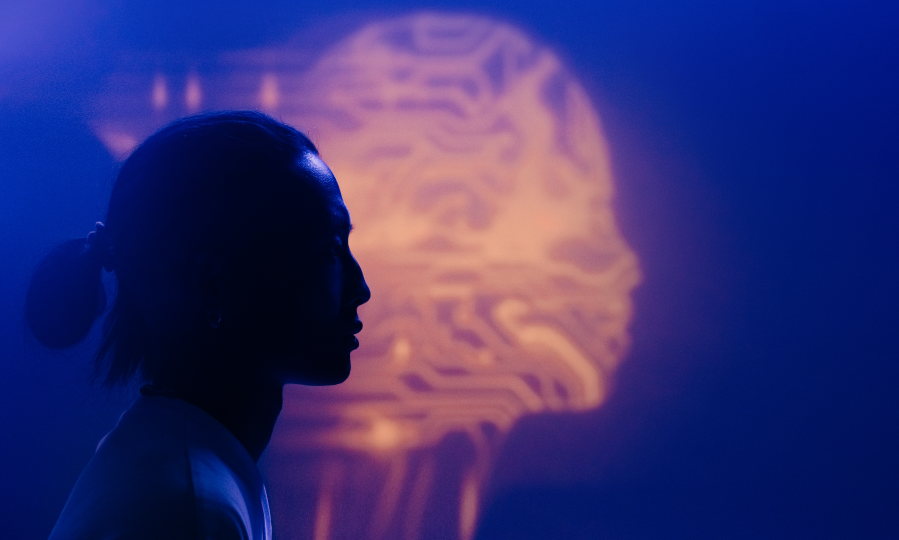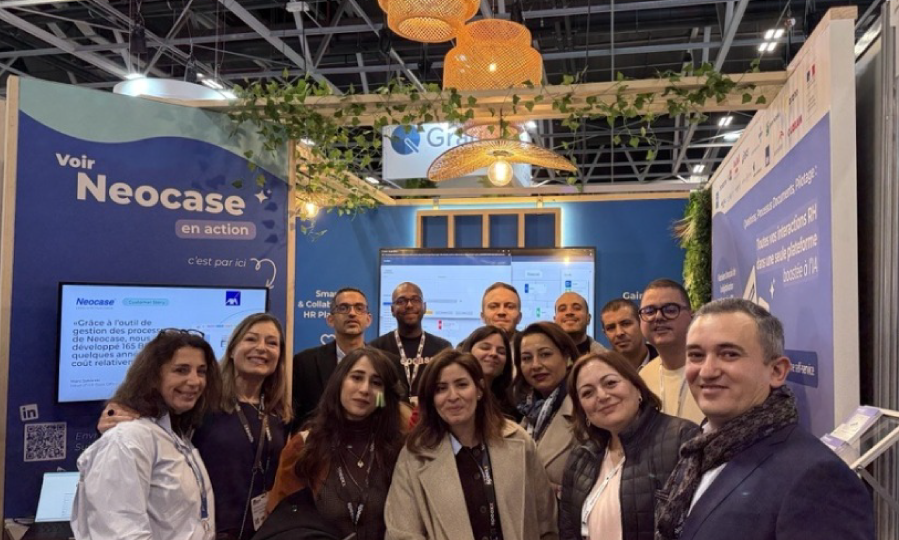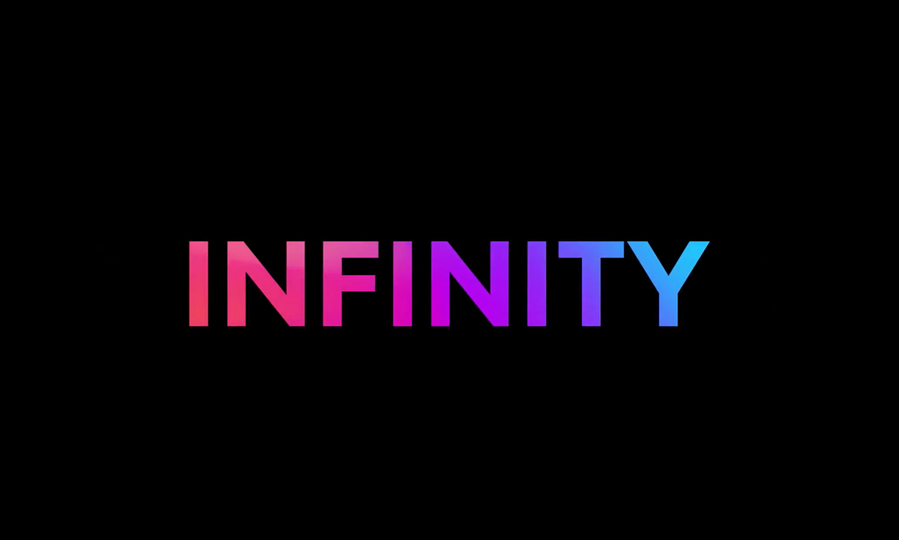HR TRENDS
Will AI change how HR operates?

SHARE THE ARTICLE ON

The accelerated development of AI will profoundly change how HR professionals perform their tasks in the next few years. Our capability to leverage AI for HR performance should allow us to boost social interaction
HR is undergoing profound changes
New technologies are revolutionizing the way we work. The arrival of generative AI, and in particular its flagship tool ChatGPT, is raising questions about HR performance and productivity. Chatbots have already improved the HR services provided to employees and managers, supporting them in their daily HR processes. Thanks to generative AI, answers to questions are increasingly precise and refined, since they now integrate knowledge of business processes and the personal context of each person. HR teams can thus rethink the employee experience by anticipating the needs of each employee. AI can, for example, suggest training courses that are in line with both a company’s practices and the employees’ needs, while ensuring compatibility with employees’ schedules. This new generation of HR digital assistants can provide employees with customized HR advice with optimum quality of response in terms of entitlements, based on current legislation, practices, company rules or corporate agreements.
Some HR tasks will be increasingly handled by algorithms and HR professionals can thus focus on providing more expertise and personal attention. For example, company legal experts will be able to access current legislation and case law. Payroll experts, who have already been relying on automated tasks, will have more help in checking, analyzing and supervising and can thus focus on more important tasks and provide tailor-made responses to employees.
All HR jobs will be affected and productivity increased by AI
According to a report published by Jérémy Lamri in June 2023, HR departments in the future will - and this may already be implemented in some companies - use virtual areas in the metaverse for hiring and virtual escape games to improve teamwork. Certifications, skills and performance reviews could be recorded using blockchain. Generative AI has the power to produce relevant content for employer branding, recruitment and communication. It has calculated the probability of certain HR tasks being replaced in the next few years. For example, it predicts that by 2025, the majority of wages and benefits will be processed by AI. On the other hand, when it comes to improving employee engagement and well-being, AI will provide little support for these tasks, which are essentially based on listening and human contact.
In this period of great transformation: - digital, economic, social, societal, environmental - which creates new challenges for HR departments, our conviction at Sopra HR is that the main challenge for HR lies in its ability to constantly adapt to rapid technological changes. And there's more to come: Considering the level of maturity that the development of AI has reached, its implementation will profoundly change current HR tasks. As with any new tool, it will be necessary to know how to use it wisely, how to supervise it and how to control it, in order to harness its full power.
There will, however, be considerable benefits for HR departments with improved productivity, security, control and prediction.
Though technology may be progressing very quickly, companies and people need to move slowly and gradually in the use of AI. To make this transformation successful, the main challenges will be to adopt AI and assist HR departments in order to develop skills based on emotional intelligence while leveraging new technologies.
Rethinking the human factor
Aurélie Jean, a specialist in algorithmic sciences and author of "Résistance 2050", draws on the work of Robert Sternberg (1988), professor of psychology at Cornell University and defines Intelligence according to 3 components: Analytical, Creative (emotional) and Practical. According to her, in the age of AI, machines will have mastered analytical intelligence but will only simulate emotional or practical intelligence. Tasks will be divided up into those that are automated and those for which human beings can provide their own expertise.
At the HR conference in Paris in November 2023, Cécile Dejoux, professor at Cnam and ESCP, points out that one of the challenges of the next few years will be to support the transformation of the job market, while taking into account the impact on HR professionals of AI (which will be increasingly efficient and faster) and the speed with which we need to incorporate new innovations. In an automated society, there is a growing need for emotional intelligence to rethink the roles that people will play within a company.
Sopra HR's mission is to continue offering increasingly intelligent solutions to enable HR to evolve into this new era of Human Resources in the age of AI.
New ‘augmented’ HR could thus focus more on qualities such as active listening, interaction, empathy and advice. Human Resources is changing and has a lot to offer!




